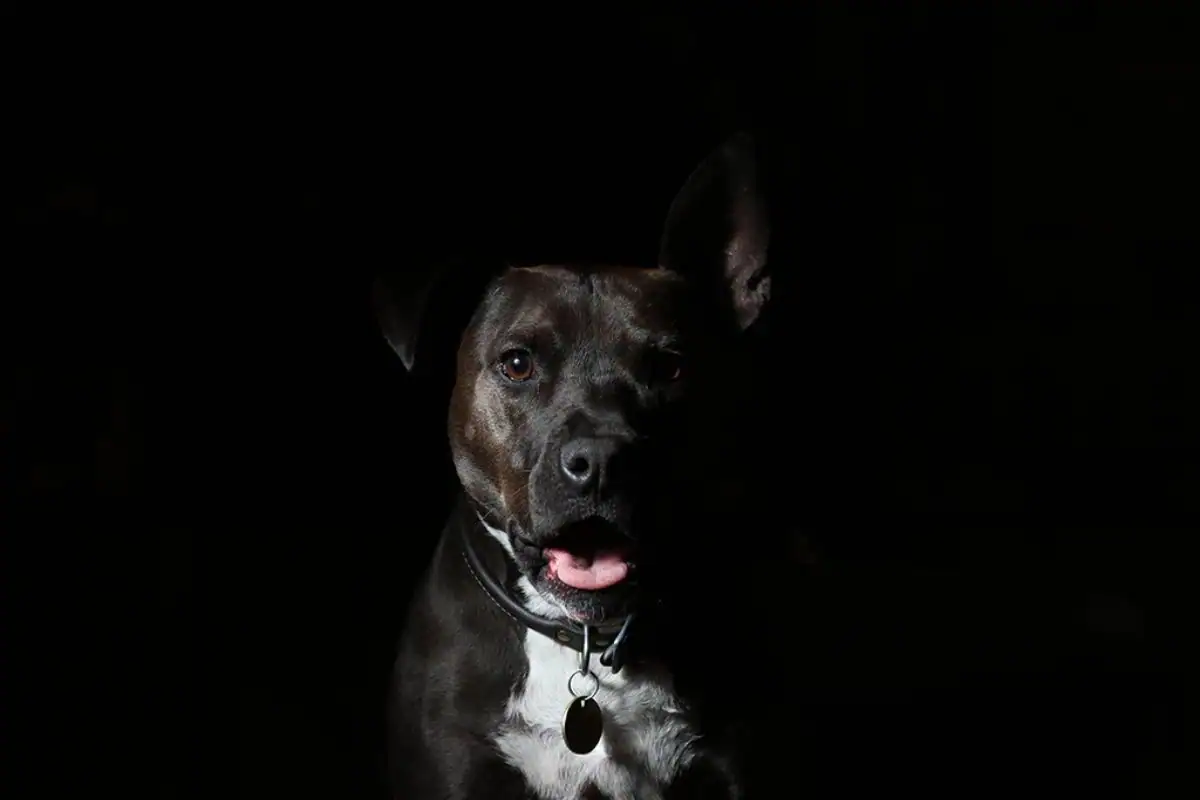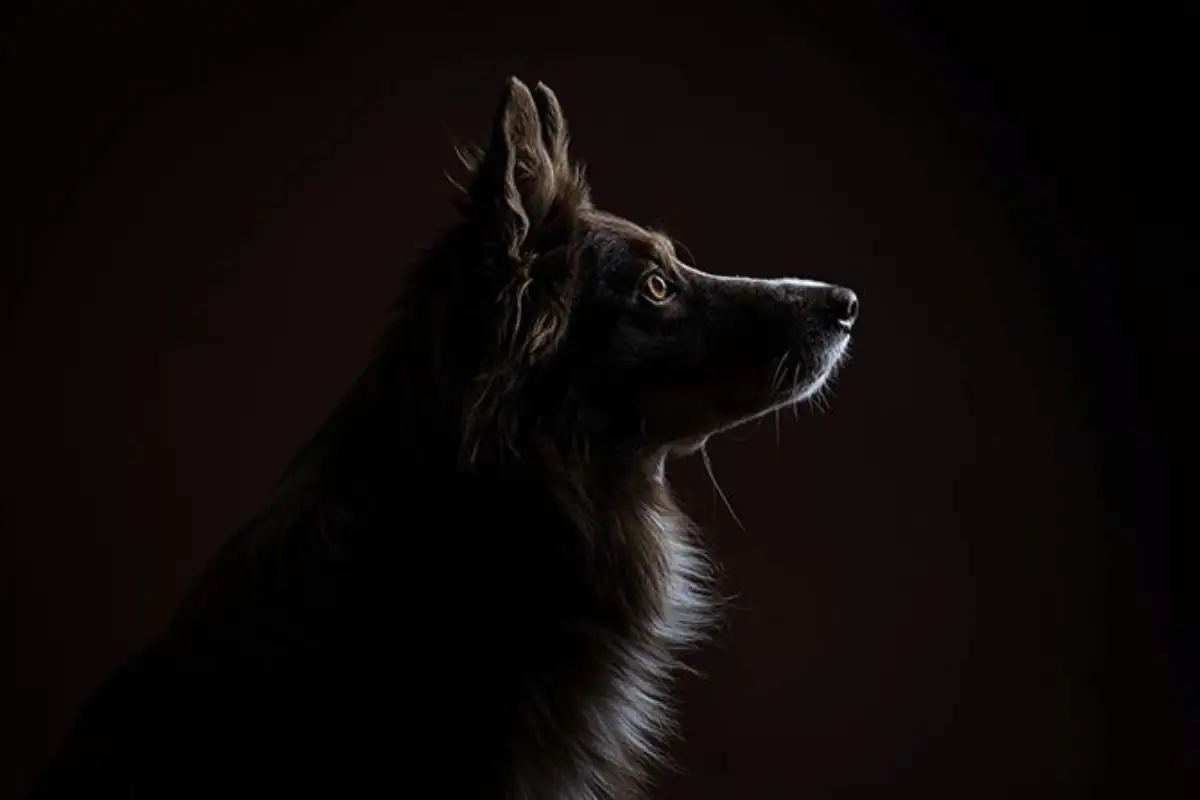Advertisement
Can Dogs See in the Dark?
Updated: Nov 9, 2024
Advertisement
People often think only cats have great night vision, but dogs have impressive night vision too! Dogs’ eyes contain more rods (cells that detect light) than ours, which makes them see much better in low light. Combine this with their larger pupils, and they can see in dim settings far better than humans can. While cats may still have a slight edge, dogs can certainly hold their own when it comes to seeing in the dark.
Should I Leave My Dog in Darkness?
Most dogs can handle the dark without a problem. Many prefer it for naps as it creates a calm environment without the glare of lights. Some dogs may even feel more comfortable with lights off when left alone. However, some pups can be nervous in the dark, so if your dog seems anxious or shows signs of fear when left alone in a dark room, you may want to leave a small light on.
Advertisement
How to Tell If Your Dog Is Afraid of the Dark
Leaving your dog in the dark and observing their behavior upon your return can offer clues. If they seem stressed, have had an accident, or dug through the trash, they might have been scared. Checking with neighbors to see if they heard barking while you were gone can also reveal anxiety. However, if these are normal behaviors when you’re away, the issue could be separation anxiety rather than fear of darkness.
Advertisement
Do Dogs Sleep Better with the Light On or Off?
Like most animals, dogs tend to sleep better in the dark. Think about it—wild dogs and wolves sleep with no lights at all! Darkness is more natural for them, but some pet owners still prefer to leave a nightlight on. It’s really up to you and your dog’s comfort level.
Advertisement
Can Dogs Tell the Difference Between Night and Day?
Dogs aren’t necessarily aware of “day” or “night” the way we are. They tend to follow our schedules because that’s when they get fed and taken outside. Dogs adapt to our routines, waking up when we do and sleeping when we sleep, but it doesn’t mean they inherently know it’s day or night—they’re just following your lead!
Advertisement
Do Dogs Have Better Vision Than Humans?
In some ways, dogs’ vision is superior to ours. While they may not see as many colors as we do, dogs excel at detecting motion, especially at a distance. Their vision is also better in low-light settings, making them great at spotting movement in dawn or dusk conditions, which gave their ancestors an edge when hunting.
Advertisement
What Colors Can Dogs See?
Dogs’ color vision is limited to shades of blue and yellow, and they can’t see reds or greens the way we do. Their world is a mix of blues, yellows, and grays. While they won’t see a rainbow as vividly as we do, this limited color range still allows them to distinguish between objects and surroundings.
Advertisement
Are Dogs Nearsighted?
Most dogs have good eyesight and don’t struggle with nearsightedness or farsightedness like humans. Because dogs’ eyes contain more light-sensitive rods, their vision is sharper in low light compared to bright settings. Glasses may not be in your dog’s future, but that doesn’t mean their vision can’t change with age or health.
Advertisement
Do Some Dog Breeds See Better Than Others?
Yes, certain breeds have standout vision! Greyhounds, known for hunting by sight, have some of the best eyesight among dogs. Meanwhile, breeds like German Shepherds and Rottweilers are more likely to experience nearsightedness. Overall, though, most dogs have a solid vision that serves them well.
Advertisement
Warning Signs of Vision Problems in Dogs
If your dog starts bumping into furniture, missing toys, becoming startled, or seems hesitant about going outside at night, these could be signs of vision issues. A visit to the vet is a good idea if you notice any sudden changes in behavior, as vision problems can be caused by age, illness, or injury. Although blindness is often irreversible, many dogs adapt beautifully and continue to enjoy life.
Advertisement
Scroll downfor the Next Article
.png)




